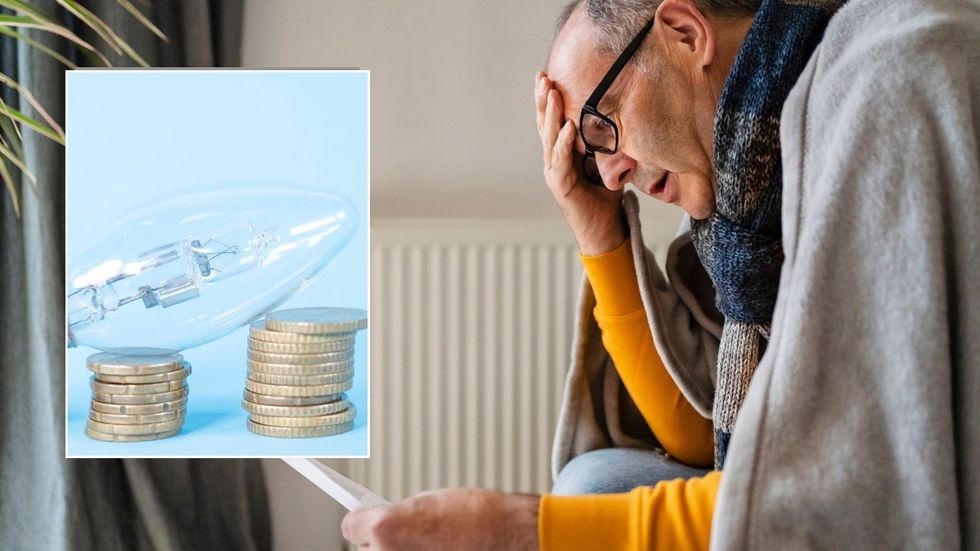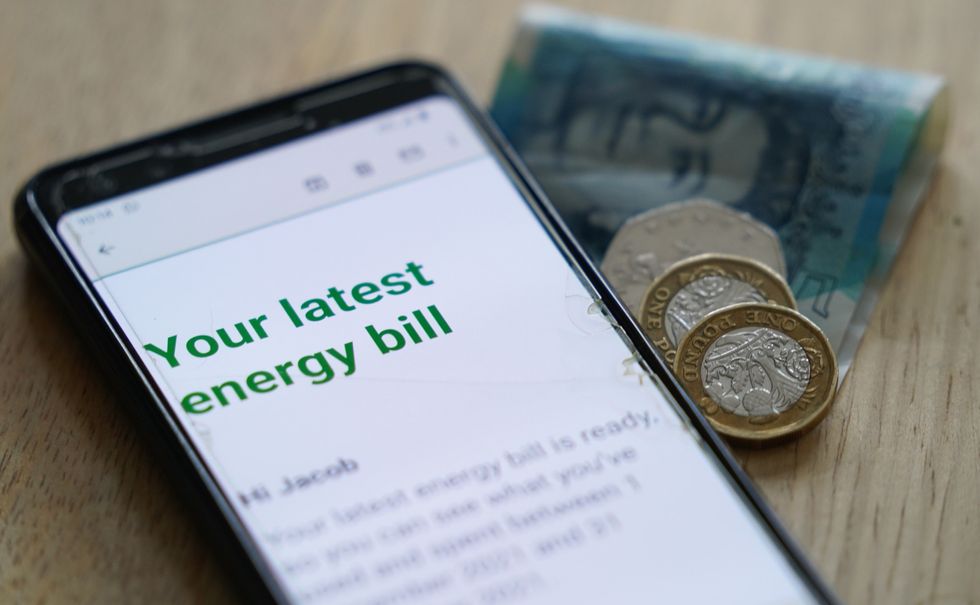Britons have been saddled with soaring energy bills over the past year which could have been avoided in part, according to experts
Don't Miss
Most Read
Trending on GB News
Energy bills increased by £1,900 for households due to a lack of investment in home insulation and Net Zero technologies, a new report has suggested.
The Energy and Climate Intelligence Unit (ECIU) estimates Britons could have made savings of £70billion by 2023 if more the Government has invested money into insulation, solar panels, renewables, heat pumps and electric cars over the last decade.
A study from the think tank found the country would have saved £56billion during the gas crisis in 2022 and 2023 as green technologies would have reduced demand for pricey oil and gas.
However, policymakers have scrapped proposals to introduce home insulation and solar panels over the last decade with the public uptake of heat pumps and electric cars easing.
Do you have a money story you’d like to share? Get in touch by emailing money@gbnews.uk.

Energy bills are on the rise due to 'lack of investment' in green technologies
GETTY
According to the report, a household with all available Net Zero technologies would have saved £1,900 on energy bills last year.
If Government energy efficiency support schemes were maintained, an extra 10 million homes would be in receipt of insulation upgrades. This would have saved £12billion over the last 10 years, research found.
An average property with a Band D energy efficiency rating would have saved the equivalent of £320 in 2023 if their home had been updated to Band C.
The rising costs have been passed down to around two-thirds of households with the remainder being paid for by the Government’s energy price freeze, based on the ECIU’s report.
If solar panel installation rates were kept at their 2011 peak, electric vehicles and heat pumps would also have saved billions of pounds in energy costs.
Dr Simon Cran-McGreehin, the head of analysis at the ECIU, shared why the transition to Net Zero will be beneficial for bringing costs down in the long-term.
He explained: “Investment in these net zero technologies brings returns in the form of lower energy bills, reduced vulnerability to volatile international gas markets and the prospect of real energy independence for the UK.
“A lack of investment leaves families colder and poorer and has left the country in a real hole in the gas crisis at a cost of tens of billions of pounds.
LATEST DEVELOPMENTS:

The energy price cap rose earlier in the month
PA“Had billions been invested in insulation and renewables, not only would huge savings have been made for the bill and tax-payer, but these savings would continue into the future at a time when the gas price is expected to remain high.”
A Department for Energy Security and Net Zero spokesperson said: “We do not recognise these highly speculative figures, they ignore the fact the proportion of homes in England with an EPC rating of C or above has risen from just 14 per cent in 2010 to almost half today.
“We are helping families to make changes, increasing the boiler upgrade scheme by 50 per cent – making it one of the most generous in Europe. Our plan is working and applications are now up by nearly 50 per cent compared to last year.
“The UK is also a world leading renewables sector – home to the five largest operational wind farms in the world, with renewables accounting for over 40 per cent of our electricity, up from seven per cent in 2010.”









